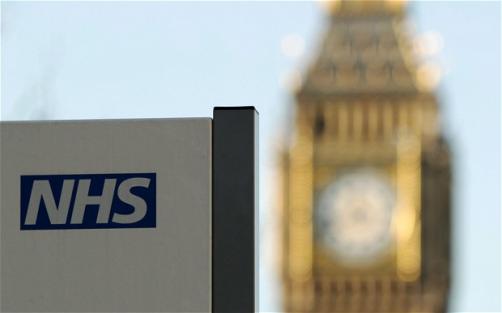
Report calls for tax rises to fund ailing NHS
pharmafile | May 24, 2018 | News story | Medical Communications | IFS, NHS, UK government, biotech, drugs, pharma, pharmaceutical
A report published by the Institute for Fiscal Studies (IFS) has stressed that UK funding into the NHS needs to rise by 4% year on year for services to improve. It revealed for the service to even maintain current levels of care, spending would still need to increase by 3.3%.
Beyond the healthcare system, the report also identified an urgent need to put more money into social care funding and called for a 3.9% increase each year to meet the needs of an ageing population.
The release comes amid major political discussions about how best to address the issues that the NHS has been facing, after services have reached crisis point due to increasing demands from an ageing population and funding having dropped significantly under the coalition and then Conservative government.
It is widely believed that the UK government is now looking at increasing spending on the NHS to 3%, ahead of the NHS’ 70th birthday on 5 July.
This falls significantly below the sums the IFS has suggested is needed to stabilise and then improve the service; officially, the report suggests that 5% funding increase is needed to be injected over the next five years to make up for lower levels of spending of late, which could then be brought down to 4%.
How much large a financial impact this would have was revealed by the report: “Taking health and social care together, it looks as though spending will need to rise by 2% of GDP over the next 15 years, and by 3% if we want improvements in the services offered. That means finding at least £40 billion of additional funding, and perhaps more than £60 billion.”
In terms of how this would be funded, the report stated: “After eight years of austerity, there would appear to be no room to cut other big areas of spending. While increased borrowing could fund rising health spending over the short term, sustained increases in health and care spending will require increased revenues from somewhere […]The implication is clear: in the medium term, if we want even to maintain health and social care provision at current levels, taxes will have to rise.”
The report mentioned a penny tax on income tax, bringing in approximately £5 billion, a further £6 billion raised by adding a penny to VAT and £10 billion by adding a penny to National Insurance rates.
Whether this is the path the government will go down is a major question that it will currently be wrestling with, regardless of the reason for it, and public support for NHS is unquestionable, tax increases are never popular.
Ben Hargreaves
Related Content

NICE recommends migraine treatment for NHS use
The National Institute for Health and Care Excellence (NICE) has shared draft guidance recommending AbbVie’s …

Novo Nordisk launches Wegovy in the UK
Novo Nordisk has today announced that Wegovy (semaglutide injection) is now available in the UK …

FDA approves IMIDEX’s AI-powered device VisiRad XR
The technological pharmaceutical company IMIDEX has been granted clearance from the US Food and Drug …








